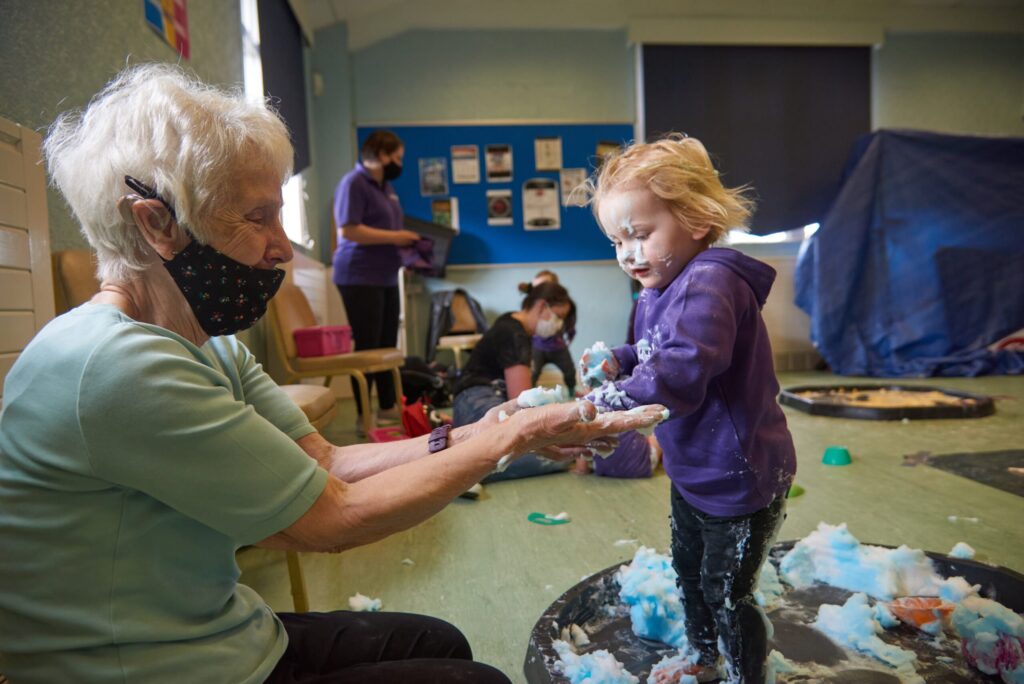Middle school is a crucial period in a student’s educational journey, marked by significant cognitive and emotional development. It is a time when young minds are eager to explore, learn, and build foundational skills that will serve them well throughout their academic and personal lives. In this pivotal phase, educators play a vital role in guiding students toward acquiring essential skills that encompass academic excellence, social interaction, emotional intelligence, and critical thinking. One of the fundamental aspects of middle school learning is the development of strong academic skills. Students are introduced to a more structured curriculum that covers a wide range of subjects, including mathematics, science, language arts, and social studies. Mastery of these subjects not only lays the groundwork for future academic success but also fosters a deep understanding of core concepts and principles. Teachers employ various instructional strategies, such as hands-on activities, group projects, and interactive discussions, to engage students and facilitate active learning.

In addition to academic skills, middle school is a time for students to hone their social and interpersonal abilities. They learn to navigate complex social dynamics, form friendships, collaborate with peers, and resolve conflicts constructively. Through group projects, extracurricular activities, and team-based initiatives, students develop important skills such as communication, teamwork, leadership, and empathy. These social skills are invaluable not only in academic settings but also in future careers and personal relationships. Emotional intelligence is another critical area of development during middle school years. Students begin to understand and manage their emotions, develop resilience in the face of challenges, and cultivate a positive mindset. Educators integrate social-emotional learning SEL into the curriculum, providing opportunities for students to reflect on their feelings, practice self-regulation, build self-confidence, and develop empathy for others. SEL programs contribute significantly to creating a supportive and inclusive school environment where every student feels valued and supported. Middle school learning also emphasizes the importance of critical thinking and problem-solving skills.
Students are encouraged to think analytically, ask questions, evaluate information, and develop logical reasoning abilities. They engage in activities that promote creativity, innovation, and independent thinking, such as research projects, debates, and hands-on experiments. By honing these critical thinking skills, students become effective problem solvers who can tackle real-world challenges with confidence and ingenuity. Furthermore, middle school provides opportunities for students to explore their interests, passions, and career aspirations. Through elective courses, extracurricular activities, and career exploration programs, students can discover new talents, pursue their passions, and gain insights into various professions and industries. This exploration not only enriches their educational experience but also helps them make informed decisions about their academic paths and future goals. Middle school learning is about building strong foundations in essential skills that encompass academic proficiency, social-emotional intelligence, critical thinking, and career readiness and visit this site https://littlelearnerszone.com/. Educators, parents, and communities play a collaborative role in nurturing and supporting students during this critical period of growth and development. By investing in comprehensive and holistic education, we empower students to thrive academically, socially, and personally, laying the groundwork for a successful future.